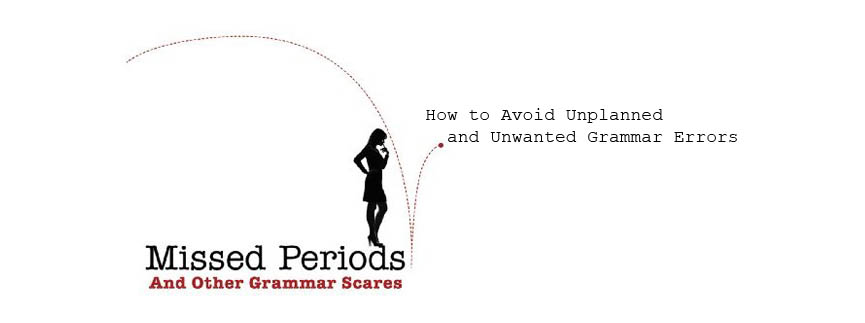 Knock knock
Knock knock
Who’s there? To
To who?
To WHOM!
Someone told me that joke the other day, and you know what I did?
I laughed.
And then I panicked.
I panicked because I realized that I just laughed out loud at a super corny grammar joke.
I laugh at corny jokes, I listen to talk radio, I stop drinking before I get too drunk because I can’t afford to waste a day to nurse a hangover. What have I become? An adult?
Something strange is definitely going on because I’ve even started to like the word whom. I used to think whom was pointless and pretentious. I agreed with William Safire, author of the New York Times Magazine’s "On Language" who said, “When whom is correct, recast the sentence.” But in the past couple of years, I’ve acquired quite a taste for the word.
There are rumors, however, that the word whom may join the VCR, payphone and Paris Hilton in the land of oblivion. And just when I was developing an appreciation for it! In an effort to save whom from the endangered species list, I’d like to give a quick recap on when to use it:
Let’s pretend for a moment you are Ernest Hemingway. You just came up with the perfect title for your novel about the Spanish Civil War, but you can’t remember whether it should be For Who the Bell Tolls or For Whom the Bell Tolls.
Here’s what you do. You take a sip of your mojito and then ask yourself, “Ernest, old chap, does it make sense to say the bell tolls for him or the bell tolls for he?”
Then you take another sip of your mojito and answer, “It makes sense to say him.”
And that’s how you know that whom is the correct choice.
Here’s the trick: when we answer the question with him, we use whom; when we answer it with he, we use who. (We could substitute him with her and he with she, but him ends with m and so does whom, so it’s easier to remember.)
Let’s try another one:
Pretend you are Dr. Seuss and you just wrote a delightful book about an elephant. Is the correct title Horton Hears a Who or Horton Hears a Whom?




